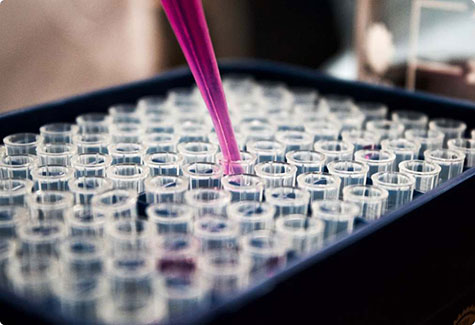About the APSC
The ESAIC Advanced Patient Safety Course is a live course to teach patient safety tools to use in acute settings. We offer modern teaching using interactive group work and innovative 360-degree videos of key scenarios, followed by debriefing, to bring examples of critical situations to life.
The APSC forms a key part of the Safer Care to Save Lives Programme, an ESAIC Patient Safety Education programme.
Healthcare professionals attending 100% of the ASPC and who pass the course assessment will hold the ESAIC Advanced Anaesthesia and Intensive Care Patient Safety Certificate. We propose that bearers of this certificate be regarded as patient safety champions within their own institutions.
Learn by experiencing
The format of the live part of the APSC will be based on interactive lectures and unique 360º video simulated scenarios followed by an interactive debriefing.
“Excellent course with high-quality education materials – the videos were interesting and well-made, and the manual is superb. Loved the discussion on the course with colleagues from other countries – there was a real sense of openness and honesty from all participants.”
Educational targets focus on the following goals:
- Understand a fully integrated vision of the patient safety culture during intensive care and anaesthesia, applicable to all acute settings.
- Provide a framework to apply patient safety tools in different situations.
- Train the methodology to learn from errors, the importance of critical incident reporting, system analysis, corrective action implementation and feedback.
- Offer an experience of the importance and relevance of human factors and practice resources to improve resolving crisis situations in acute settings.
- Encourage attendees to advocate for patient safety in their work environments.
- Help attendees join patient safety-related networks.
Important Information
Who is this course for?
The APSC is aimed at all Health care professionals, patients and stakeholders interested in patient safety in acute settings: Intensive Care, Perioperative Care, Anaesthesia, Emergency and other settings where acute patients are treated.
When & Where
The APSC will be provided as an event by ESAIC and also as a cascade training programme in collaboration with International Training Centres (ITC). Each ITC will be formed in collaboration with the ESAIC National Anaesthesiologists Societies Committee, academic institutions or medical centres in Europe.
APSC Student Manual
A digital student manual will be available as a guidebook for the live program. This book will provide support such as pre-reading and course documentation with the rationale for the course contents and concept highlights and will also be a resource for post-course use. Student manuals will be translated into different languages for use in the ITCs.
APSC Train the Trainer Courses
APSC faculty candidates will be recruited from the PSQ Masterclass and APSC attendees and through consultation with the relevant National Societies. The ESAIC will provide the APSC Train the Trainer Courses.
A shadowing program will be available for APSC trainers before taking part in their first APSC.
A digital trainer’s manual will be available as a guidebook through the live program. This book will focus on the educational methodology and provide support for every APSC session with the rationale for the course contents and concept highlights to be discussed with the attendees.
Will course attendees receive a certificate?
At the end of each APSC, attendees will need to complete and pass an online assessment to become certified.
Health professionals attending 100% of the ASPC and who pass the course assessment will hold the ESAIC Advanced Anaesthesia and Intensive Care Patient Safety Certificate. In line with the basic principles of the Helsinki Declaration on Patient Safety in Anaesthesiology, the ESAIC Patient Safety and Quality Committee will encourage every Anaesthesiology and Intensive Care Department in Europe to designate a PS leader with this minimum accreditation.
This accreditation will need to be renewed every 5 years.







